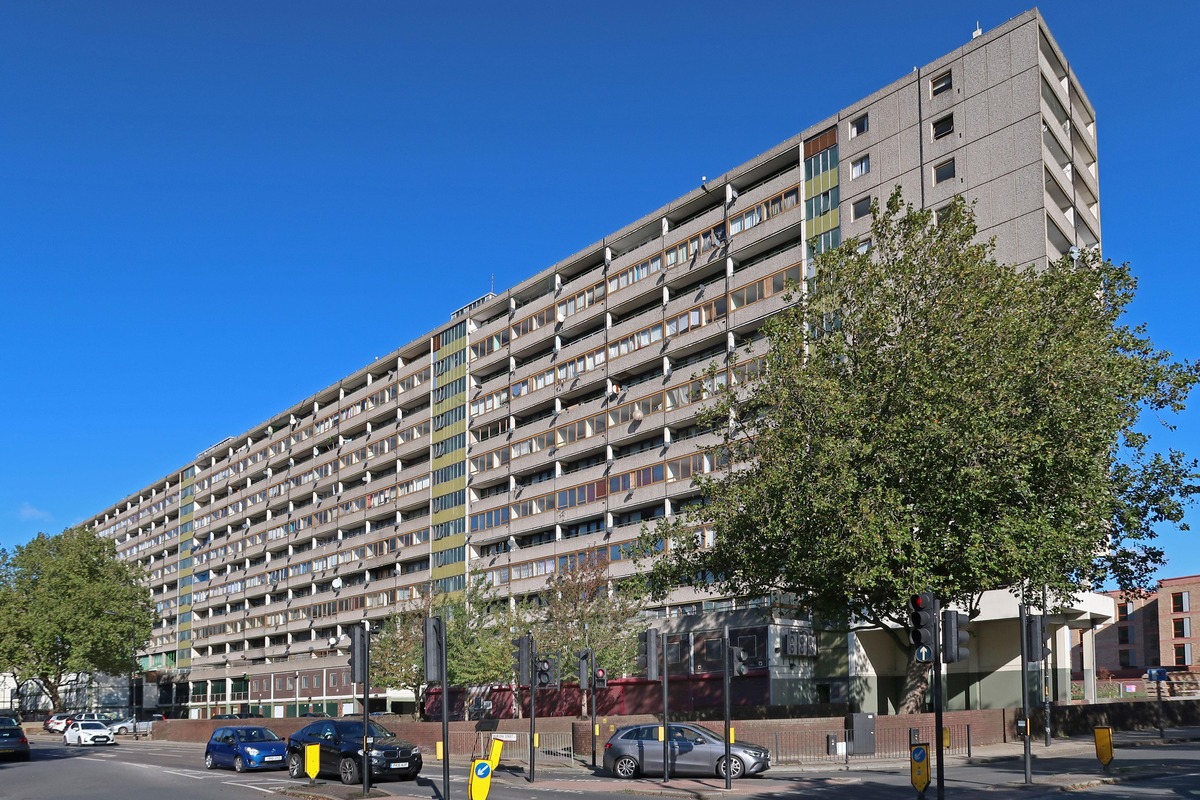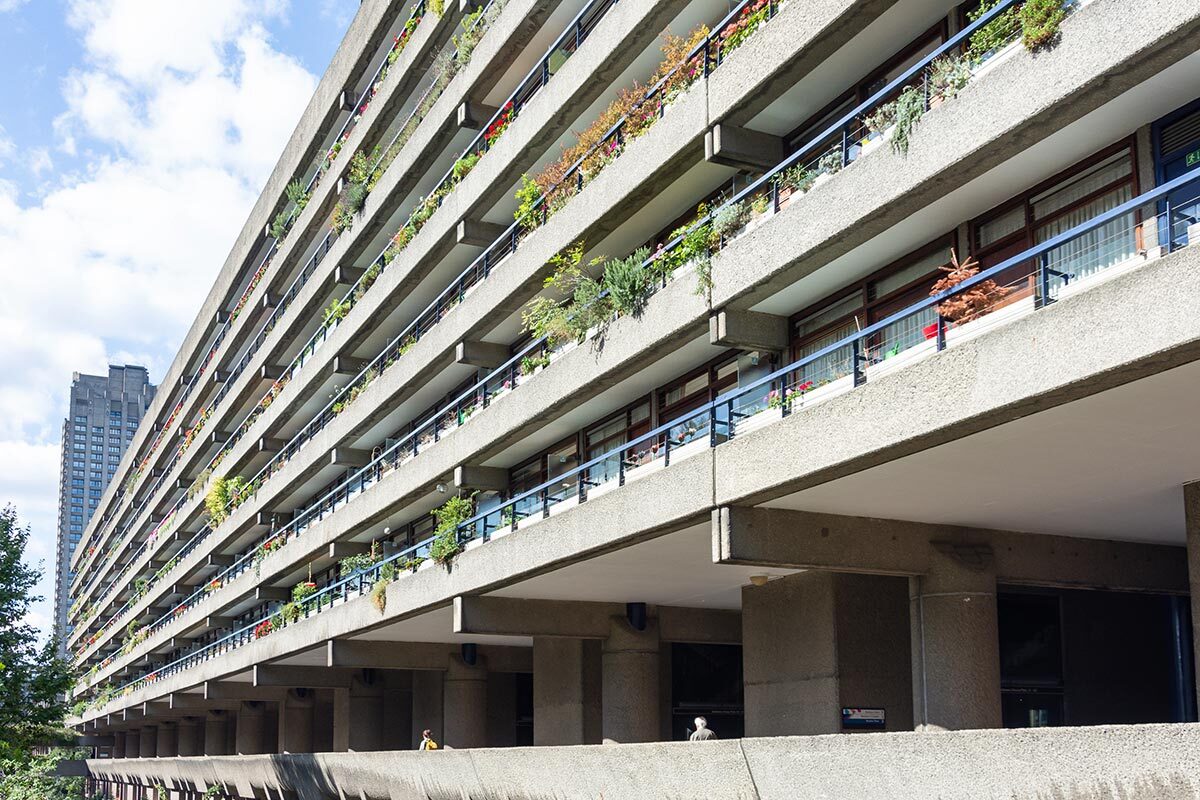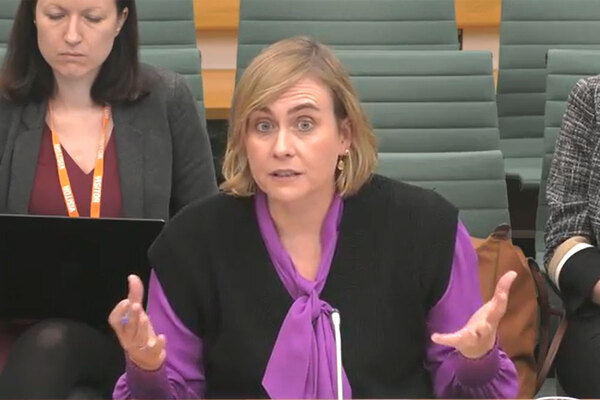You are viewing 1 of your 1 free articles

Paul Price is chief executive of the Association of Retained Council Housing
What can the council housing sector take from the Better Social Housing Review?
Council housing is different to the private rented sector, but that does not mean we can dismiss the Better Social Housing Review’s recommendations, writes Paul Price
Now that the Better Social Housing Review (BSHR) has been published, the Association of Retained Council Housing (ARCH) is taking stock of what the council housing sector can learn from the recommendations.
While recognising that there are differences between the council housing sector and the private registered provider sector, many of the recommendations are capable of being transposed between the sectors. To dismiss the recommendations from this independent panel would be shortsighted and miss an opportunity to drive improvements in a robust and pragmatic way.
ARCH did provide a view to the independent panel so as to give a perspective from outside the private registered provider sector.
Like other social housing providers, council landlords have been under the microscope over the past few years in the form of ever-increasing media coverage, more attention from the regulator and greater focus from the Housing Ombudsman. Budgets have been under intense strain as rental incomes have been squeezed and demands on services have been growing constantly.
Political accountability for local authorities means that overview and scrutiny processes within the council housing sector is different to many other social housing providers. It would have been very understandable for some landlords to view the outcomes from the BSHR as irrelevant for the council housing sector, particularly as tenants already play a key role in the decision-making process within most councils.
While anyone working in the social housing sector can list the differences between landlord types easily, for tenants, the general public, the media and the government, those differences are less obvious, less understood and sometimes not relevant to the argument being made.
“It is clear from the RSH that we must all get better at understanding the condition of our stock and ensuring that decency and other health and safety requirements are met”
ARCH is looking to learn what it can from the recommendations and work in parallel with the Chartered Institute of Housing and National Housing Federation to develop an action plan to address the recommendations. We also plan to work with our members to develop a parallel response where the recommendations are applicable, particularly around the management of assets and repairs and maintenance.
ARCH has formed a members’ panel to develop advice and guidance around the stock audit and repairs and maintenance plan. This panel is also learning from those members which have already been visited by the Regulator of Social Housing (RSH), as it is clear from these inspections that the RSH expects landlords to have a clear understanding of their stock and the required maintenance regimes.
ARCH is working with the Local Government Association and the National Federation of ALMOs to assess the level of ‘professionalisation’ across the local authority sector and will work with partners to evaluate how best to meet any potential deficits.
A point that ARCH has repeatedly made is that the local authority sector is different to other social landlords in that senior managers frequently have to manage a diverse portfolio of services, so it is important that a degree of pragmatism is applied when considering qualifications. For example, is it right that a fully qualified environmental health officer or facilities manager currently fails the eligibility criteria?
It would be fair to say that local authorities are at different points in their journey to have a comprehensive up-to-date picture of all their stock. Variations in size, stock age and condition are all key factors, but it is clear from the RSH that we must all get better at understanding the condition of our stock and ensuring that decency and other health and safety requirements are met.
“Without those resources to address identified problems, we will have missed a massive opportunity to ensure that homes are really fit for the future. We also recognise that this must be an ongoing and evolving process”
This is true for all landlords, and it is encouraging to see the government looking to bring the private rented sector up to the same level of decency as it is in the social sector. However, what is apparent from the recently published English Housing Survey is that some councils have work to do to bring all stock up to the Decent Homes Standard (DHS) and will require significant investment if they are to achieve the expected new decency standards.
ARCH is using the BSHR to put a marker down to evaluate where the sector is in understanding its stock and we are working with key players, including the government, to make the case for the resources to address any issues we identify following the stock audit. Without those resources to address identified problems, we will have missed a massive opportunity to ensure that homes are really fit for the future. We also recognise that this must be an ongoing and evolving process.
It is interesting to perhaps reflect on how the first round of Decent Homes was rolled out by the government via the ‘stock options appraisal’ process and the significant resources which went alongside that process.
Currently, there appears to be little sign of help when we all enter DHS 2. This will be a significant lost opportunity if social landlords are taking stock of their assets following the BSHR, identifying what needs to be done to address existing issues but also what also needs to be done to ensure homes meet DHS 2.
Paul Price, chief executive, Association of Retained Council Housing
Sign up for our daily newsletter
Already have an account? Click here to manage your newsletters












